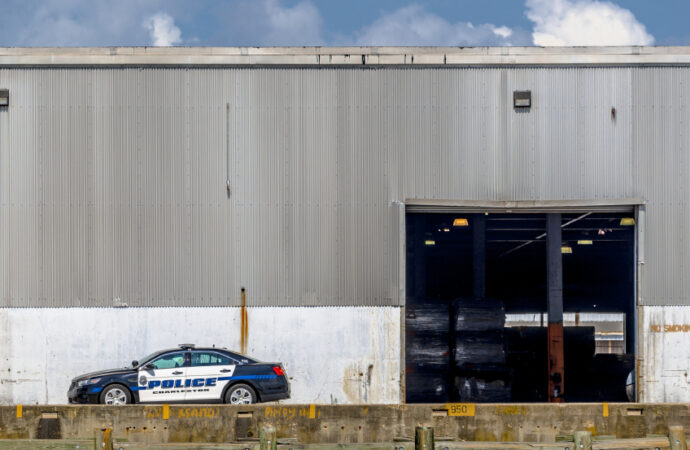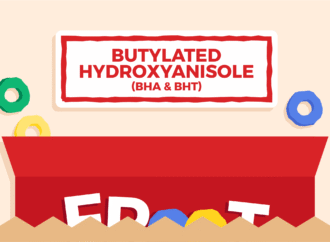Report
In a coordinated operation across 29 European countries, Europol, along with food regulatory agencies and local authorities, recently seized over 22,000 tonnes of fraudulent food and 850,000 litres of counterfeit alcoholic beverages. This extensive initiative, known as OPSON XIII, marks Europol’s most recent attempt to dismantle organized crime rings involved in food fraud—a growing issue with serious implications for public health and economic stability.
Uncovering Widespread Food Fraud Across Europe
OPSON XIII uncovered significant amounts of illegal and substandard food items, with officials removing goods worth over 91 million euros from shelves. Spain reported the highest level of activity, as more than 5,800 inspections were conducted across the participating countries. As a result, authorities dismantled 11 criminal networks, issued 104 arrest warrants, and reported 278 individuals to judicial authorities. These actions reveal the far-reaching effects of food fraud across Europe, a crime that compromises consumer safety and erodes trust in legitimate food markets.
Shocking Discoveries: Seized Fraudulent Foods
Throughout the operation, local authorities discovered cases of significant food adulteration. In Spain’s La Rioja and Valencia regions, the Guardia Civil, working closely with the Italian Carabinieri and Europol, confiscated counterfeit products. One notable case involved 120,000 cans of tuna, where low-quality fish was labelled as premium and sunflower oil was substituted for olive oil. In Valencia, officials seized 80 tonnes of pickles tainted with illegal dyes and preservatives, ingredients that pose serious health risks. Investigations also revealed that in some cases, criminals altered expiration dates to extend the shelf life of expired food, further exposing consumers to potential harm.
The Impact of Food Fraud on Health and Trust
The consequences of food fraud go beyond public health concerns. Producers of genuine, high-quality products face financial and reputational harm as consumer trust declines. Food fraud not only endangers consumers but also damages the credibility of legitimate brands in the market. Europol’s continued operations are instrumental in restoring consumer confidence and protecting both individuals and reputable producers from the damaging effects of food fraud.
The Role of International Cooperation in Food Fraud Prevention
This operation underscores the importance of international cooperation in tackling food fraud. Europol’s work with local enforcement and international agencies shows the strength of a united approach. Together, Europol, the Guardia Civil, and the Italian Carabinieri carried out extensive inspections and seizures, highlighting the impact of global partnerships in fighting this complex crime.
The Path Forward: Strengthening Food Fraud Prevention
Although OPSON XIII was successful, the battle against food fraud is ongoing. Europol emphasizes the need for continuous vigilance and strong cooperation among law enforcement, regulatory agencies, and private sector partners. Efforts like OPSON XIII show that fighting food fraud requires both immediate action and a commitment to stronger preventive measures to deter criminal networks.
OPSON XIII: The Fight Against Food Fraud Continues
This unprecedented crackdown on counterfeit food products sends a powerful message: the battle against food fraud is ongoing. By dismantling criminal networks and removing fraudulent items from the market, Europol and its partners reaffirm their commitment to ensuring the safety and quality of food products for all consumers. While OPSON XIII has set a strong precedent, continued collaborative efforts are essential to maintaining consumer safety and trust in Europe’s food supply.
Source: Foodtech Network
 Food Manifest
Food Manifest 
















